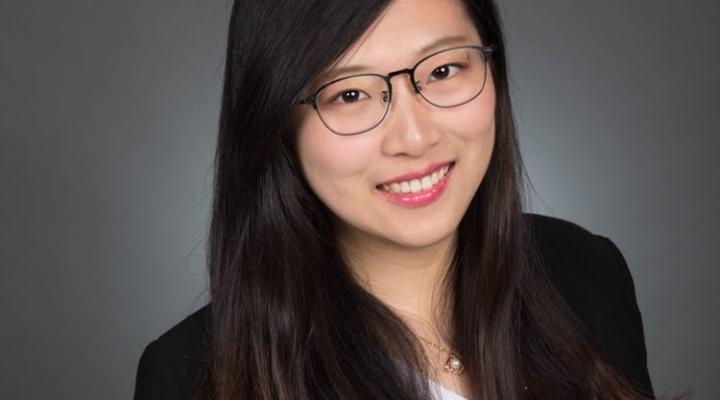Talk with Assistant Professor Damek Davis of Cornell’s School of Operations Research and Information Engineering (ORIE) for even just a short while, and it becomes apparent that he is a person who always wants to know more. The trait is there as he tells stories about his younger self learning how to write computer code in middle school and it is present as he describes his current research into algorithms for solving continuous optimization problems.
It is especially evident in a blog post he wrote during his Ph.D. studies at UCLA. In the post, Damek lists some principles he had developed to guide his approach to graduate school. “Don’t be afraid to branch out and learn subjects in other disciplines…Talk to everybody; find out what professors are interested in and ask for a research project or reading course on the topic…Go to seminars and colloquiums in your field and other nearby fields…Don’t be afraid to say you don’t understand.” His principles boil down to one commandment: Learn More.
Damek grew up in the town of Lake Elsinore in Southern California. In addition to teaching himself to program in middle school and high school, Damek also wrote a lot of music and had a few bands. “Initially, I wanted to write code so I could spam people on MySpace with my music,” says Damek a bit sheepishly. In fact, when Damek began his undergraduate studies at UC Irvine he was a music major. But early on, he took a calculus class and says “I instantly changed to a math major and took all the math classes I could.”
With the help of a sympathetic faculty member, Damek received permission to take many graduate level math courses while still officially an undergraduate student. He began working with Professor Daqing Wan and then, in his Ph.D. program at UCLA, Davis heeded his own commandment—Learn More—as he followed his interests through commutative algebra, number theory, topology, machine learning and applications, and into computer vision.
“I ended up in operations research and information engineering because every problem I wanted to solve in computer vision involved optimization,” says Davis. “And I did not know enough about optimization theory.” Much of Davis’s work in the final years of his doctoral program focused on complexity theory of optimization algorithms.
Davis joined the faculty of the School of Operations Research and Information Engineering at Cornell in the summer of 2016. “I came to Cornell,” says Davis, “because I wanted to be at a place where I care about what everyone else is working on and where everyone else cares about what I am working on. There are so many chances to collaborate here.” Davis sums up what he is now working on like this: “I analyze and develop algorithms for solving optimization problems in machine learning and signal processing. These applications lead to complex problems that are nonconvex, nonsmooth, nonlinear, and generally large-scale. To solve these problems, I construct algorithms that adapt to modern computer architectures, which lead to parallelized and even decentralized software implementations. After I develop these algorithms, I formulate and prove theoretical guarantees on their best- and worst-case behavior.”
Some of the large-scale computing architectures that Davis has been exploiting use asynchronous parallel processing, where multiple computers can work in parallel on different steps of an algorithm without having to wait for each other. Another interest of Davis’s is using randomness to increase the speed of optimization algorithms for large-scale problems. Davis is also devoting time to algorithms for outlier detection, which detect and remove contaminated data from training sets while simultaneously fitting trimmed models on the uncontaminated data that remains. It is clear Davis has internalized his own advice to always strive to learn more.





